Far too many books treat negotiation as a rational process, as if the parties involved are calculating machines (or close to it). Authors Roger Fisher and Daniel Shapiro show that is not the case. They explain how emotions affect negotiating, and provide tools based on five core emotional concerns for dealing with powerful feelings at the negotiating table. This slender book is clearly written, and the authors illustrate each point in their theoretical framework with examples from their extensive experience. The result is an immediately applicable book that provides a host of practical tips. getAbstract recommends it to anyone who negotiates...and that means just about everyone.
The Power of Emotions
“You negotiate every day” about everything from your work to your meals. Every time you do, some emotion is involved. You can’t ignore these emotions and you shouldn’t try. They won’t just evaporate. If you don’t deal with them, they’ll distract you and sabotage your efforts to act rationally. Emotions always play a role, often a powerful one, so you need to learn to deal with them. Start by recognizing that emotions are felt, not just thought. They are in the body, and affect how you think and act. Emotions can be positive as well as negative. If you like the person you’re negotiating with, warm feelings can shift your relationship, putting you on the same side as you seek to resolve a problem. Positive or “contagious” emotions add motivation and incentive. Being nice or friendly can spread. Of course, don’t let warm feelings overly influence you; check any agreement you negotiate against rationally constructed criteria.
Emotions can absorb a lot of energy and attention if you try to address them directly. They are complicated and change quickly. Therefore, instead of trying to deal with anger, then sadness, and so on, focus on your “core concerns...
Roger Fisher is director of the Harvard Negotiation Project, co-author of Getting to YES, and an experienced negotiator. Daniel L. Shapiro, associate director of the Harvard Negotiation Project, is on the faculty at Harvard Law School.









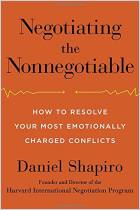
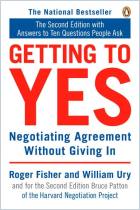

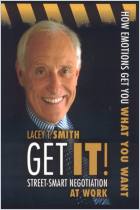
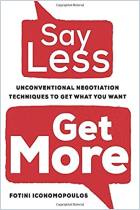
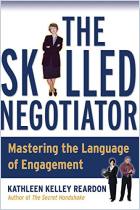
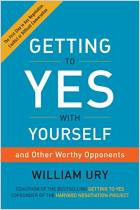
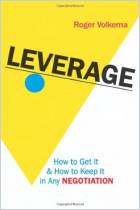


Comment on this summary or Iniciar a Discussão